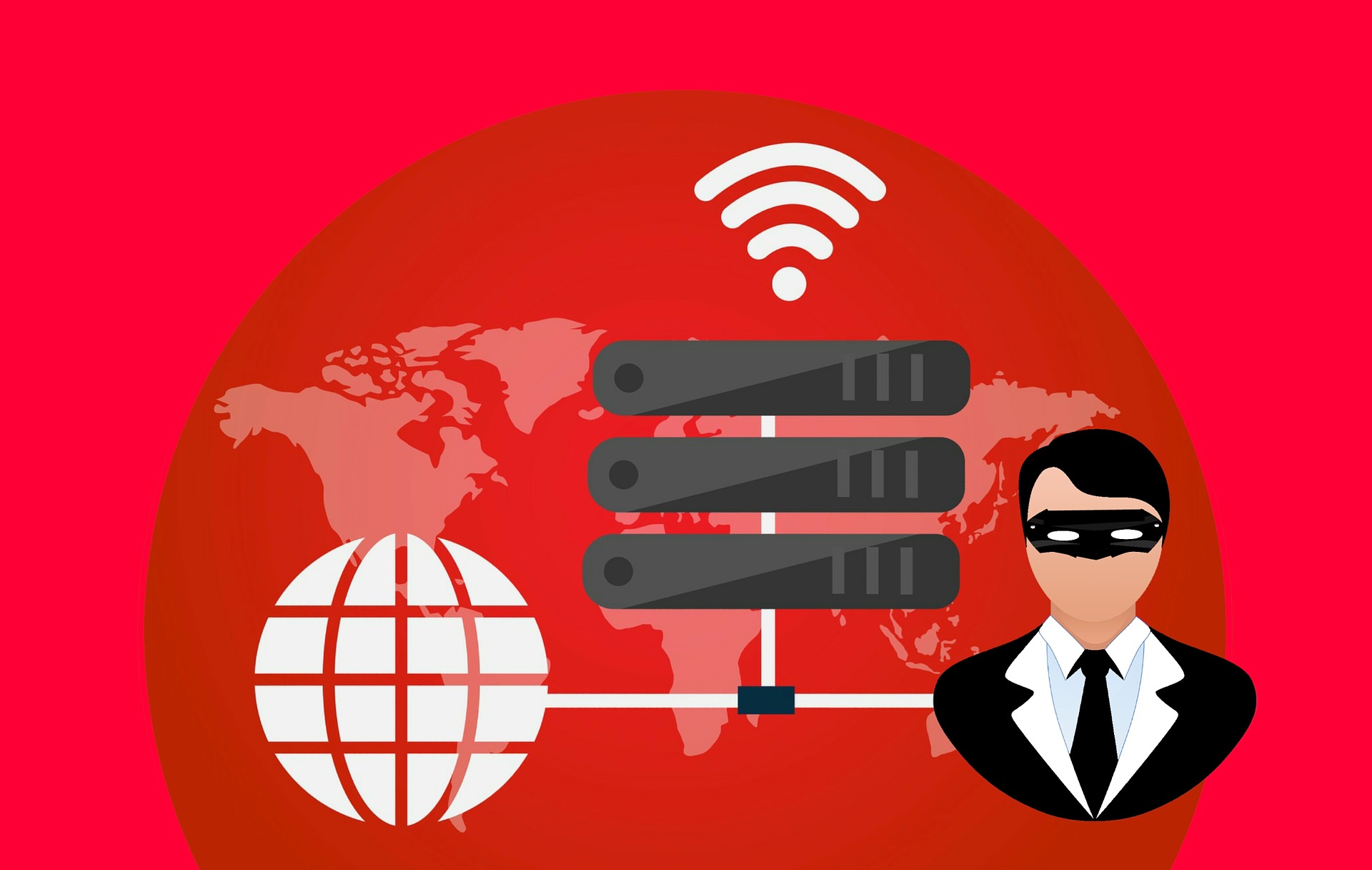Are you worried about hackers sabotaging your established business? If the answer is yes, you are certainly not alone, and we are fully aware of your worries. Although the market is filled with expensive solutions, a simple VPN can quickly fix most of your problems.
Let’s see how a VPN can save your business from cybercrimes.
How Can Hackers Affect Your Business?
Hacking is the process of accessing a computer or a system without its owner’s permission, and it has the potential of leaving devastating results, especially on businesses. When a hacker gets inside a system, he can easily steal any sensitive information, data, or files from it. Additionally, if they want, they can also completely delete everything leaving it completely useless.
There are several ways a hacker can affect your business, and we are about to discuss some of them below:
Reputation Damage
Although most of the damages caused by a cyberattack are still recoverable, it can cause irreversible harm to your reputation in the industry. Once customers’ data is compromised, they often lose faith in the organization. It can make any business lose essential clients.
Damage to Finances
After a hacker damages your organization, the collateral damage is too severe to handle. Your organization might have to spend considerable resources to get back on its feet. These attacks can make you end up with massive amounts of debts.
Legal Implications
The damages don’t just stop at the reputation and financial harms. In some cases, if a business or organization is found to be negligent in keeping their security up to date, users can take action against them and force them to pay reimbursement costs along with other things.
Theft of Data
One of the most common scenarios of hacking is data theft. Once a hacker gets hold of your data, they either extort money from you or sell it to other malicious organizations. Most data thefts are targeted at payment information, health records, user data, accounting records, and other vital documentation.
Shutting Down of Company
In severe hacking cases, a company can lose all of its foundations that can be in the form of reputation, data, and finances. Once these sectors are compromised, it is highly likely for the business to go bankrupt, causing a complete shutdown.
How Can A VPN Prevent Cyberattacks?
Now the million-dollar question is how a VPN can save your business from being sabotaged by hackers? The answer to this is the number of security layers it provides for your workers. Below, we discuss some of the methods a VPN uses to prevent cyberattacks.
Enhanced Privacy
When connected to an unsecured connection, there is a potential that your data will be exposed to hackers. These individuals are capable of intercepting your communication and stealing anything going in and out of your computer.
Read More : Three Ways a VPN Can Be Useful When Browsing the Internet
A VPN can quickly solve this problem because it tunnels all the data passing through an internet connection with multiple layers of encryption that can only be decrypted by an authorized person. It provides absolute privacy for employees and businesses.
E-mail Filtration
Email scams are one of the most common ways hackers use to access the system. In this type, hackers create multiple spam emails that look pretty close to legit but are embedded with viruses. Once an employee clicks on the link, it automatically downloads a malicious program to their system.
Several business VPNs in the market provide email filtration to their clients. This system can inform you about malicious links and filter your inbox from unwanted spam.
Security from Remote Hacking
One of the easiest ways for hackers to get into an organization is targeting its remote workers. Most of the time, these employees are connected to public Wi-Fi, which provides little to no security.
The hackers exploit this opportunity by setting up dummy free Wi-Fi routers, waiting for potential targets to use them. Once someone connects to these routers, they can intercept any data from their device and use it to their benefit.
But when employees integrate a VPN into their device, it converts all public connections to private. It means that no individual can access your system without having the necessary authorization

